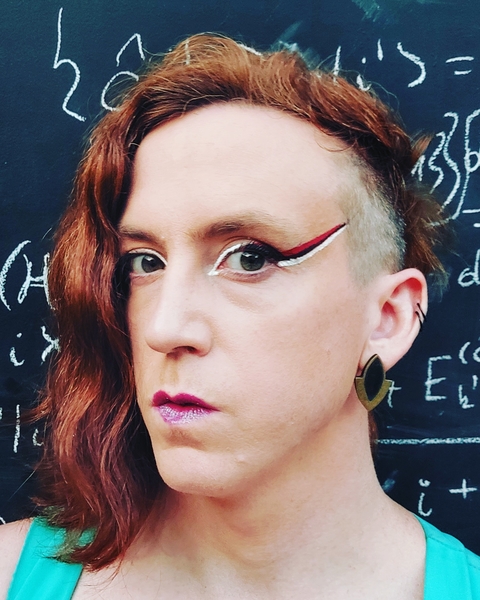Objectives
Abstract: Social networks are used millions of users to read news and acquire information. Despite being popular hubs for news consumption, it is know that they can be used for the spread of misinformation and potentially harmful content. In recent years, the usage of social media to spread hateful content of transphobic nature has been reported in several countries such as the US, UK and Spain in the form of, e.g., misinformation about trans laws or medical treatments for trans people. Several of these trends make use of specific hashtags with political intent (e.g., attacking the Spanish “trans law”).
In this talk, we apply machine learning methods and tools from statistical physics to analyze how hateful content of the social network Twitter to disseminate transphobic hatred. We employ Python libraries such as T-Hoarder and twarc2 to data-mine data from atypical trends that make heavy use of hashtags. We use supervised machine learning tools combined with qualitative human verification to identify giant connected components of accounts displaying inauthentic behavior. Specifically, we employ data analysis tools (ATLAS algorithm, Gephi) to analyze the diffusion of hateful content in complex network. Equipped with these tools, we characterize echo chambers in Twitter Spain that distribute hateful transphobic content. Our results can be used to characterize inauthentic behavior and common narratives used to spread disinformation that harms the transgender community in Twitter. This is useful for the development of public strategies to protect a marginalized communities from cyberbullying in social media.
 Short Bio: PhD in physics and computer science (speciality: quantum computing) from the Technical University of Munich. HORIZON RIA Principal Investigator at University of Granada. Marie Curie - Athenea3i at the University of Granada, Spain (2019-2022). Postdoctoral researcher at the Free University of Berlin, Germany (2016-2019). Predoctoral researcher at the Max Planck Institute for Quantum Optics Munich, Germany (2010-2015). She has a double degree in Physics and Technical Engineering in Computer Science from the University of Salamanca, Spain (2005-2010).
Short Bio: PhD in physics and computer science (speciality: quantum computing) from the Technical University of Munich. HORIZON RIA Principal Investigator at University of Granada. Marie Curie - Athenea3i at the University of Granada, Spain (2019-2022). Postdoctoral researcher at the Free University of Berlin, Germany (2016-2019). Predoctoral researcher at the Max Planck Institute for Quantum Optics Munich, Germany (2010-2015). She has a double degree in Physics and Technical Engineering in Computer Science from the University of Salamanca, Spain (2005-2010).
Juani Bermejo-Vega is an activist for rights, equality and inclusion in science. She is co-founder and co-organizer of the Q-turn inclusive quantum information conference (2018-2020) and the Equal Opportunity Group of the Max-Planck PhDnet (2014-2017). https://es.wikipedia.org/wiki/Juani_Bermejo_Vega


